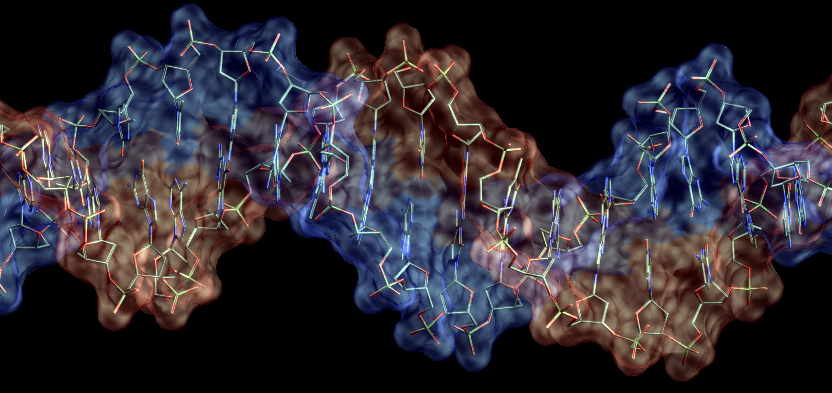unit

A highly modular, fast API framework in Go backed by martini, and distributed as a Docker container for easy installation and deployment.
unit is designed to be a highly modular and extensible API. These modules or extensions are called units and live in units/ folder. Each unit is part of the package units.
units are independent modules that can do anything you want them to do. Imagine having one that can draw an image, another that saves an image to s3, and another that notifies users - all exposed through your own HTTP API.
Simply drop your units in the units/ directory, and restart (rebuild) the API. unit discovers and links the API, and installs the necessary dependencies automagically.
To get started, take a look the installation steps, and units docs.
Contents
Prerequisites
Installation
$ git clone git@github.com:karan/unit.git && cd unit/$ docker-compose up
Mac & Docker Machine
If you're using Docker Machine, follow these instructions for installation:
# Provision the docker engine
$ docker-machine create --driver virtualbox unit
# Set the environment
$ eval "$(docker-machine env unit)"
# See the IP address of the host
$ docker-machine ip unit
# Start the container
$ docker-compose up
Accessing the API
If using Docker Machine, run $ docker-machine ls to find out the VM IP address.
If your IP is 192.168.99.100, load 192.168.99.100:5000 in the browser of the computer running docker to access the API.
Writing units
Every unit must import at least these two:
import "github.com/go-martini/martini"
import "./../unit"
For any third-party imports, mark them with the //- unit-deps comment so unit can discover them and install them for you.
Example:
import (
"github.com/go-martini/martini"
"./../unit"
"github.com/martini-contrib/render" //- unit-dep
)
The only thing needed after that is to register at least one group of routes like so:
g := unit.Group(func(router martini.Router) {
// Use martini like you would
router.Get("/1", func() string {
return "v2 - 1!"
})
router.Get("/2", func() string {
return "v2 - 2!"
})
})
// Register with the following path
g.Register("/v2")
The routes will then be available at host/v2/1 and host/v2/2.
The most beautiful thing here is that you use martini to setup the routes like you normally would. You have full access to all features of martini - you can render a static page, or send JSON or send XML response. unit does not really care.
Example
units/plugin1.go
package units
import (
"github.com/go-martini/martini"
"./../unit"
)
func init() {
g := unit.Group(func(router martini.Router) {
router.Get("/1", func() string {
return "v2 - 1!"
})
router.Get("/2", func() string {
return "v2 - 2!"
})
})
g.Register("/v2")
}
Benchmark
unit is fast as a cheetah.
$ ab -n 1000 -c 20 http://192.168.99.100:5000/v1/1
This is ApacheBench, Version 2.3 <$Revision: 1663405 $>
Copyright 1996 Adam Twiss, Zeus Technology Ltd, http://www.zeustech.net/
Licensed to The Apache Software Foundation, http://www.apache.org/
Benchmarking 192.168.99.100 (be patient)
Completed 100 requests
Completed 200 requests
Completed 300 requests
Completed 400 requests
Completed 500 requests
Completed 600 requests
Completed 700 requests
Completed 800 requests
Completed 900 requests
Completed 1000 requests
Finished 1000 requests
Server Software:
Server Hostname: 192.168.99.100
Server Port: 5000
Document Path: /v1/1
Document Length: 7 bytes
Concurrency Level: 20
Time taken for tests: 2.450 seconds
Complete requests: 1000
Failed requests: 0
Total transferred: 123000 bytes
HTML transferred: 7000 bytes
Requests per second: 408.15 [#/sec] (mean)
Time per request: 49.002 [ms] (mean)
Time per request: 2.450 [ms] (mean, across all concurrent requests)
Transfer rate: 49.03 [Kbytes/sec] received
Connection Times (ms)
min mean[+/-sd] median max
Connect: 0 4 63.8 0 1167
Processing: 4 45 19.0 40 166
Waiting: 3 42 17.9 39 164
Total: 4 49 66.2 41 1213
Percentage of the requests served within a certain time (ms)
50% 41
66% 47
75% 53
80% 59
90% 71
95% 82
98% 97
99% 113
100% 1213 (longest request)
Inspired by the slower, much less user-friendly modapi